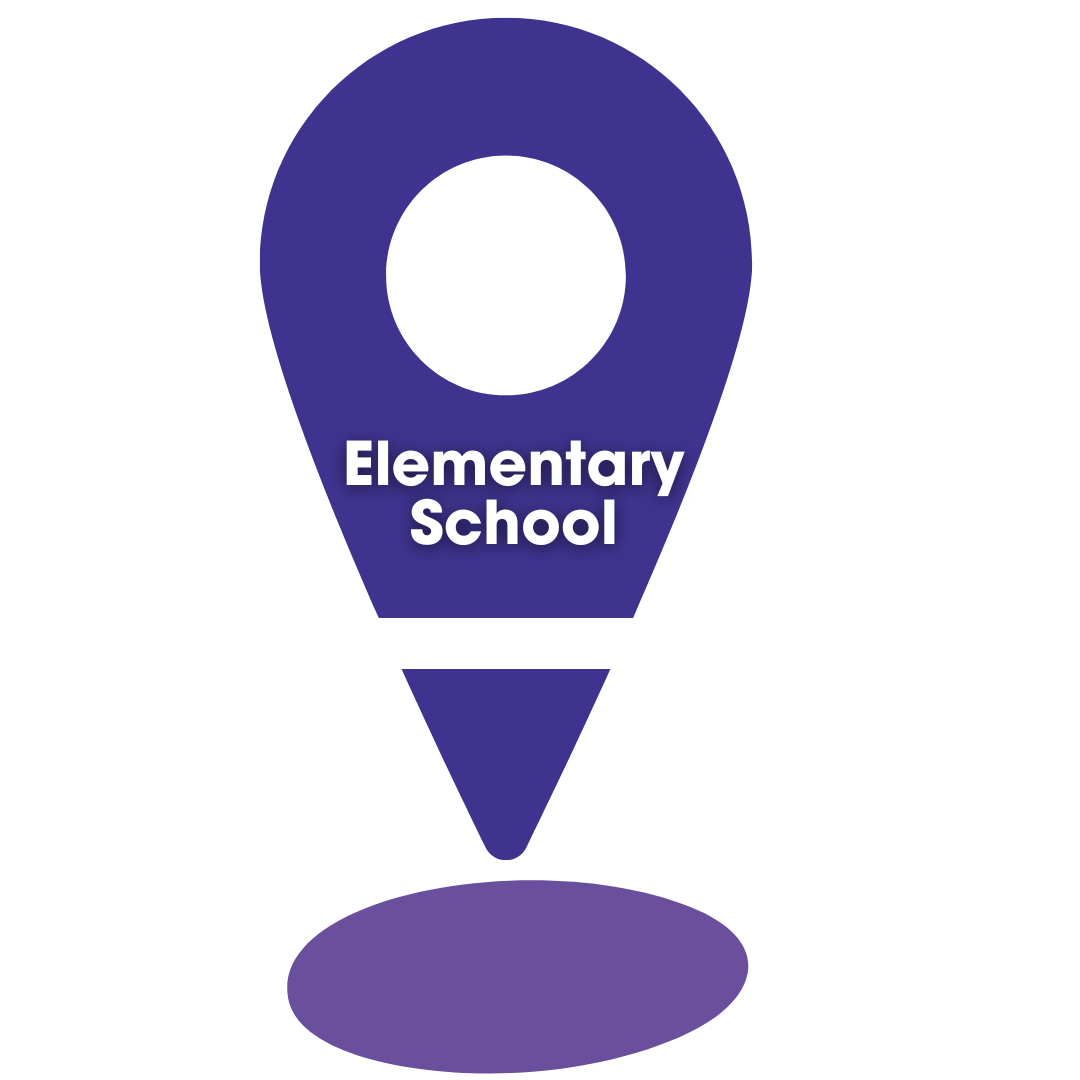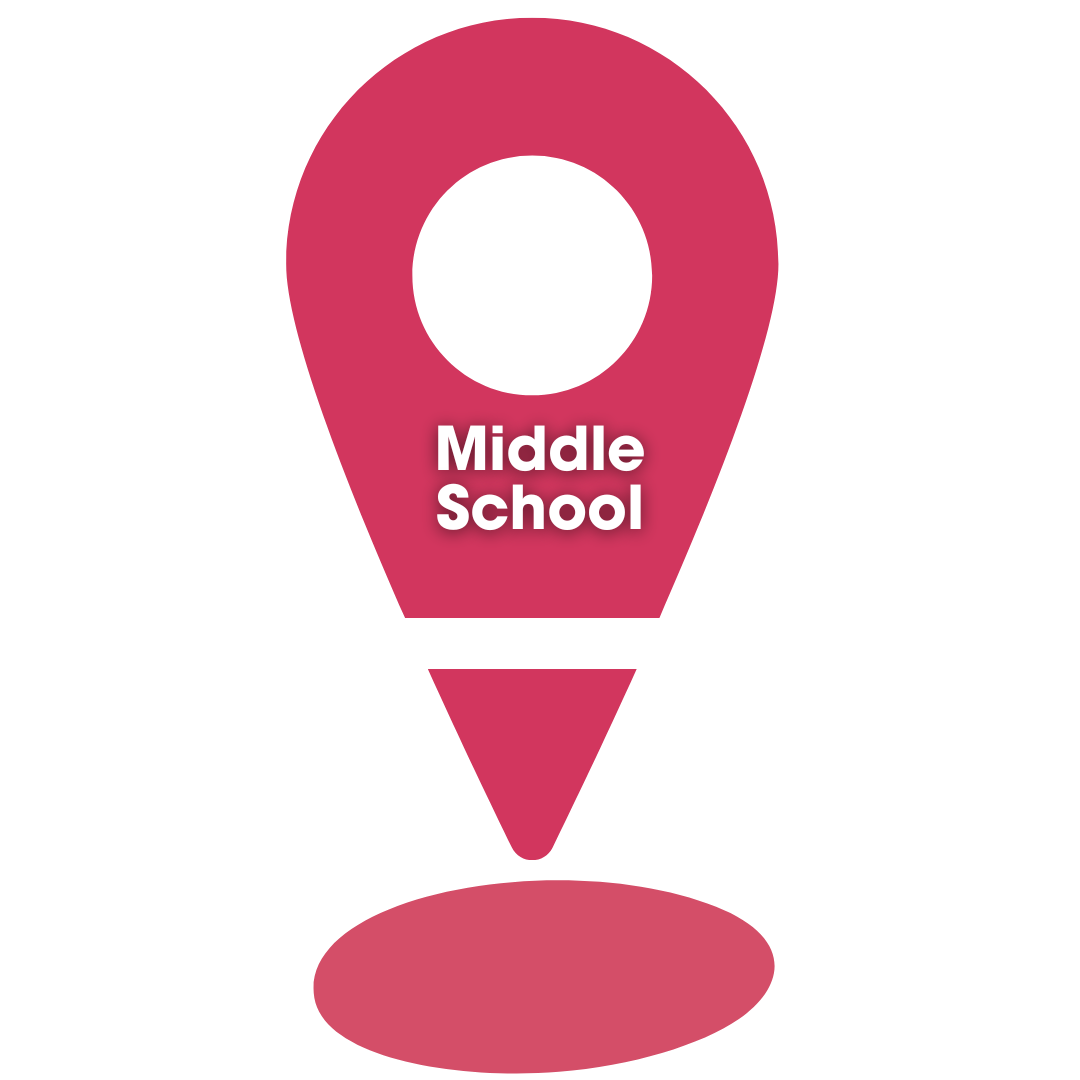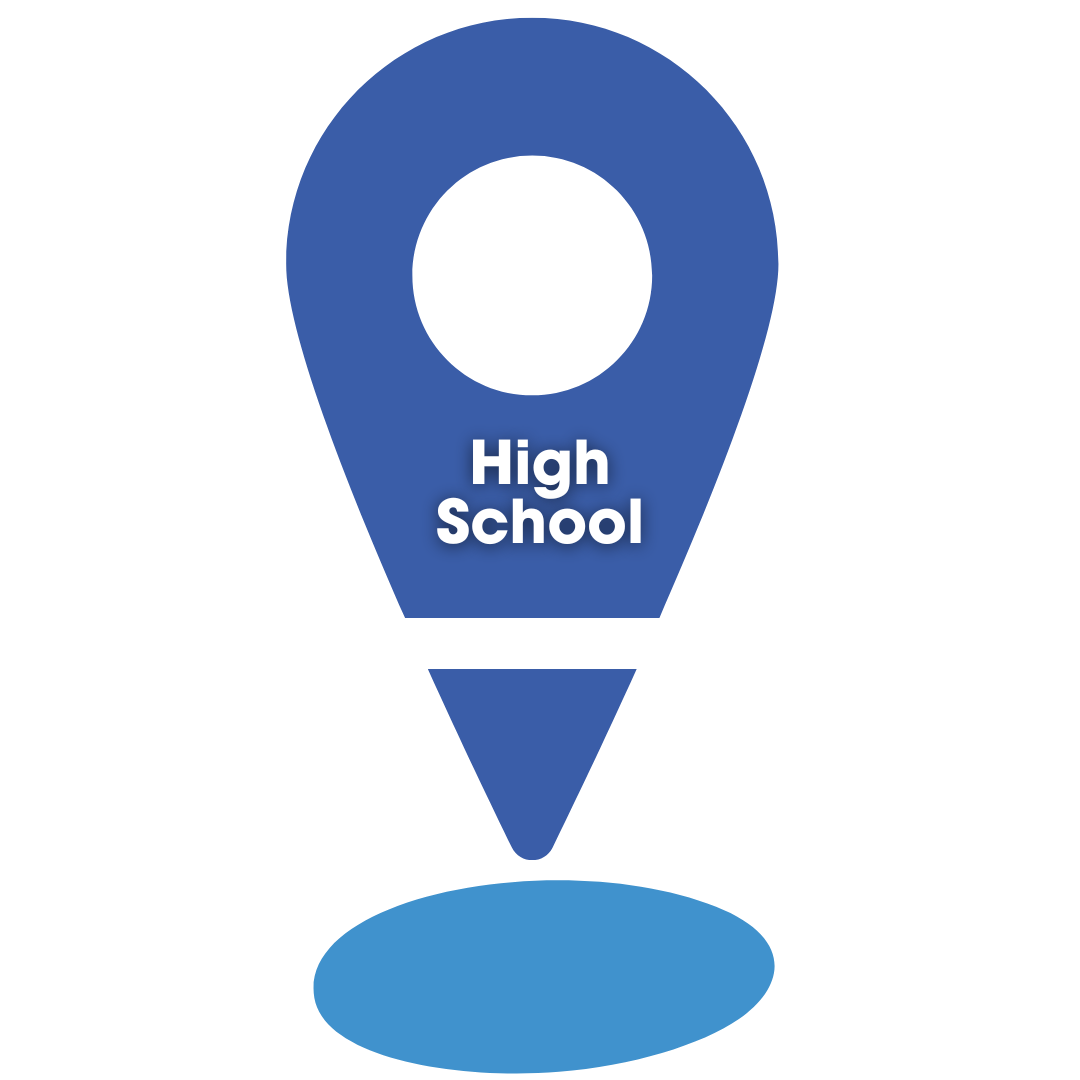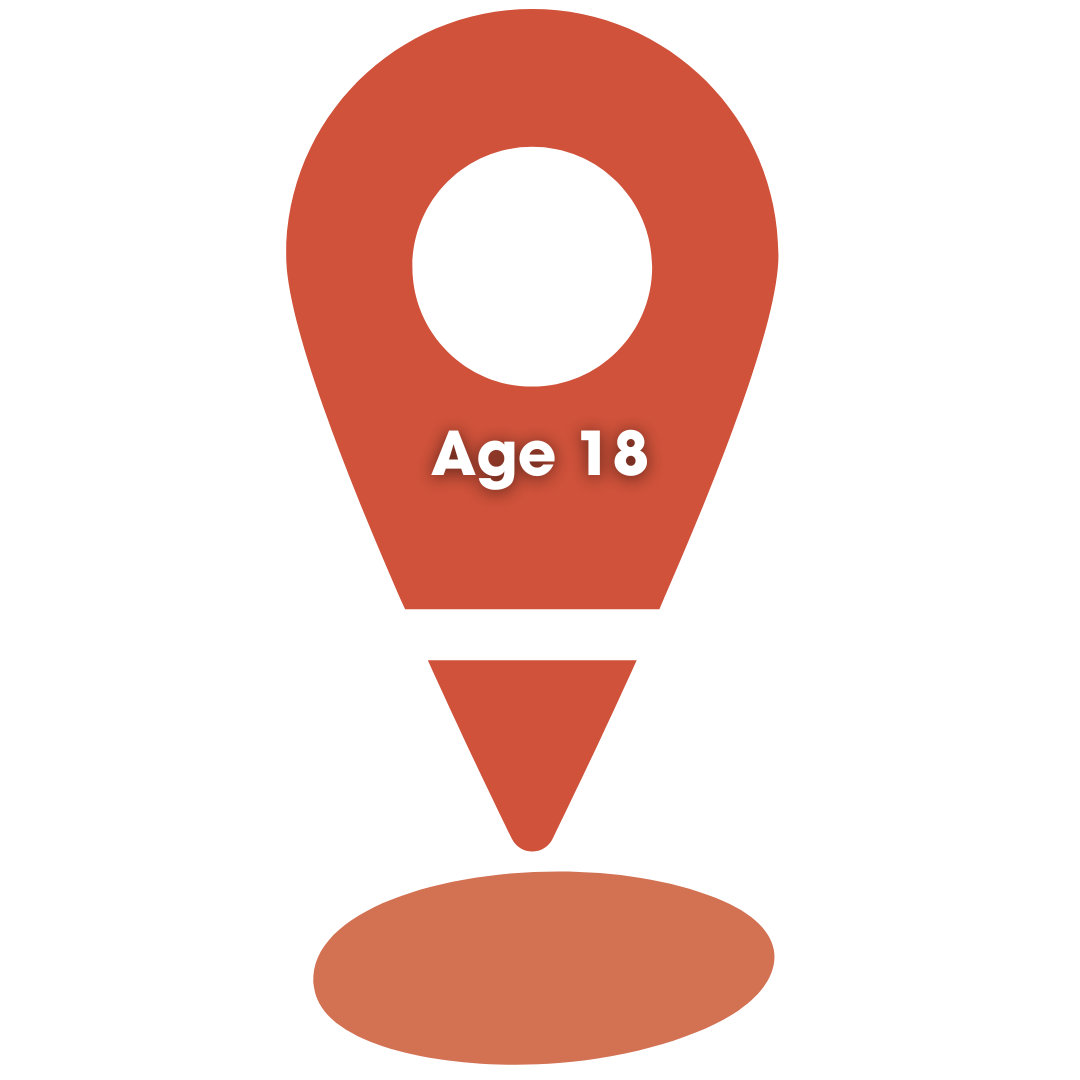
Welcome to Roadmap for the Future, your comprehensive guide to navigating your child's educational journey from Elementary School through Age 18. Here, we empower parents and guardians with the essential steps and insights to support their student's growth and development at every critical stage: Elementary, Middle School, High School, and the pivotal transition into adulthood at Age 18. Let's embark on this transformative journey together, laying the groundwork for your child's success every step of the way.
Between Elementary and Middle School
If denied Medicaid/SSI due to income, apply for Katie Becket for assistance with medical services and other support for the individual
Georgia Department of Behavioral Health & Developmental Disabilities (DBHDD)- (assists in services after high school, sometimes while still in school)
Helpful Resources for Medicaid Basics & Community-Based Waivers
Apply for NOW/COMP Waiver - (long wait list, aids with respite, home and community based services)
Eligibility of SSI before the age of 18 is determined by parent’s income in addition to the student’s disability and needs. (SSI provides a list of diagnosis/disabilities they accept. If denied, apply for Katie Beckett)
As Early as Age 14
Parents can contact the Georgia Vocational Rehabilitation Agency (GVRA) to start planning for their child’s college life or professional career:
Sign Parent Permission Vocational Rehabilitation Form.
Work with your child on their ability to communicate their personal information (name, DOB, address, number).
Identify which independent living skills you want your child to work on (i.e., personal finance skills, health care needs, daily living skills, etc.).
Discuss long-term goals after high school. Items include if applicable:
Employment after high school - supportive vs competitive
Technical school / 2 or 4 year college
Day center / residential care
Military service (meet with recruiter, additional steps needed if child had IEP after the age of 14, must be medication free for 24 months, many disabilities are denied entry)
Discuss possible CTAE Pathways that are offered at the high school.
Consider re-evaluation needs in terms of updated testing for desired services and supports after graduating from high school.
Obtaining an Alternative Curriculum High School Diploma and want a college experience?
Inclusive college programs across the state offer students with intellectual and developmental disabilities (I/DD) a variety of experiences and opportunities for growth as they prepare for the next chapter of their lives:
Attending the military after high school?
Schedule an appointment with a recruiter to discuss requirements. After the age of 14, having an IEP/504 could lead to a denial into the military. A waiver application must be filed with the recruiter to apply for entry:
Consider joining JROTC during high school
Prepare for ASVAB. No accommodations are given
Going to work after high school?
Competitive employment is when the individual secures a job on their own without assistance. Supportive employment is provided through community/state organizations to assist with job training and job placement. Some examples of Supportive Employment Assistance Organizations:
Need a Day Center or Residential Care after High School?
Adult Day Care Centers are designed to provide care for older adults who need assistance/supervision during the day. Residential care provides accommodations, meals and personal care for people with disabilities. Some examples of Day Centers & Residential Care Centers:
Age 17
Transfer of Rights
Understand all rights are transferred to the individual at the age of 18. This includes educational, medical and financial records. The school system will always include parents in educational decisions, but ultimately the student will have the final say in his/her educational future unless a parent has legal guardianship.
Understanding Guardianship
This should only be considered if the individual is not capable of making any decisions for themselves and can be proven through Probate Court. A petition is filed with the local Probate Court.
As the parent/guardian, you will have to make the decision as to what you are looking for. If you need assistance with an attorney, you can reach out to Georgia Legal Services at 1-833-457-7529. Click here for Pro Bono legal aid.
Alternatives to Guardianship
These should be considered prior to considering guardianship. Guardianship should be the last resort. Developing self-advocacy and skills should be a priority.




